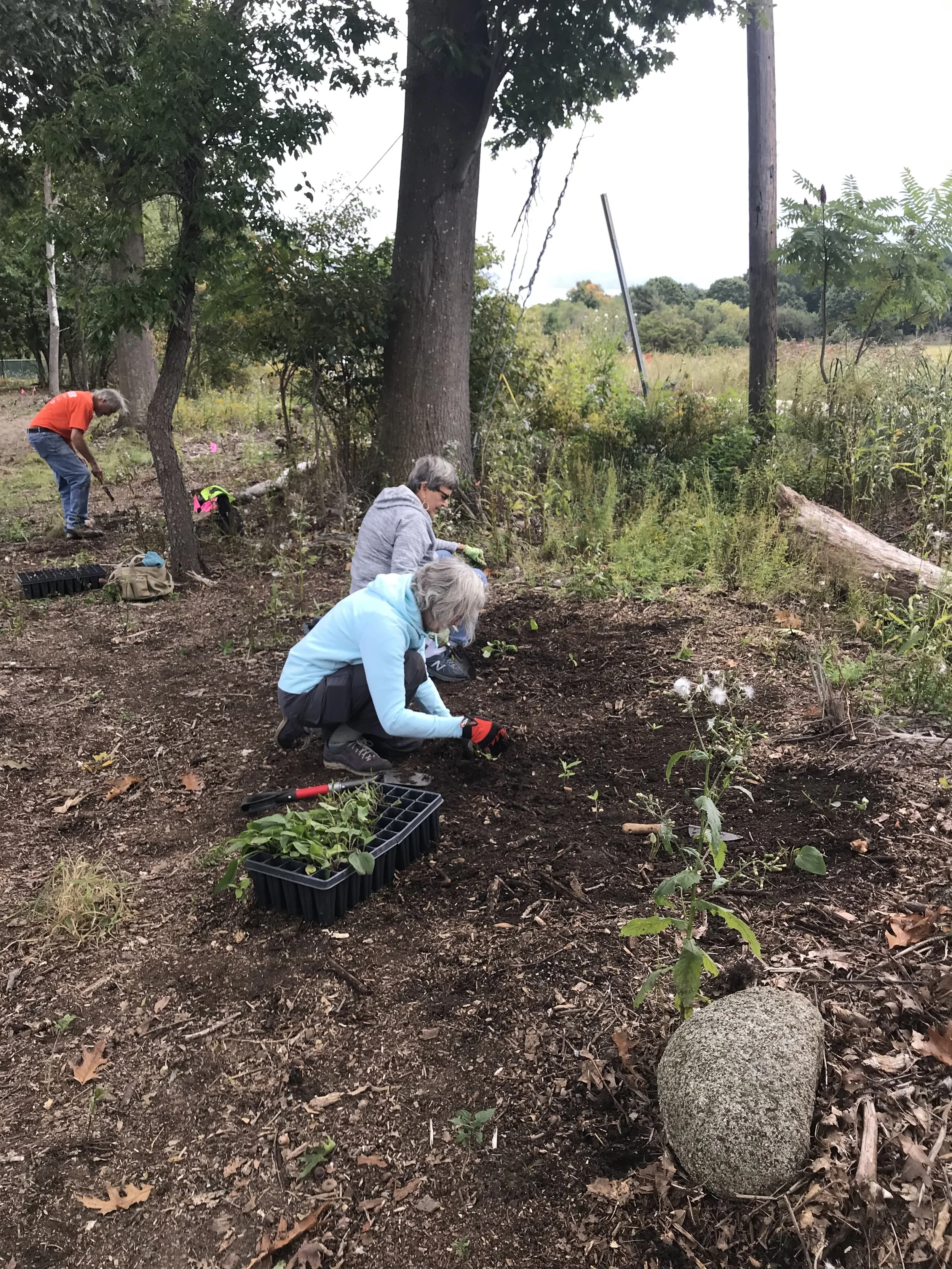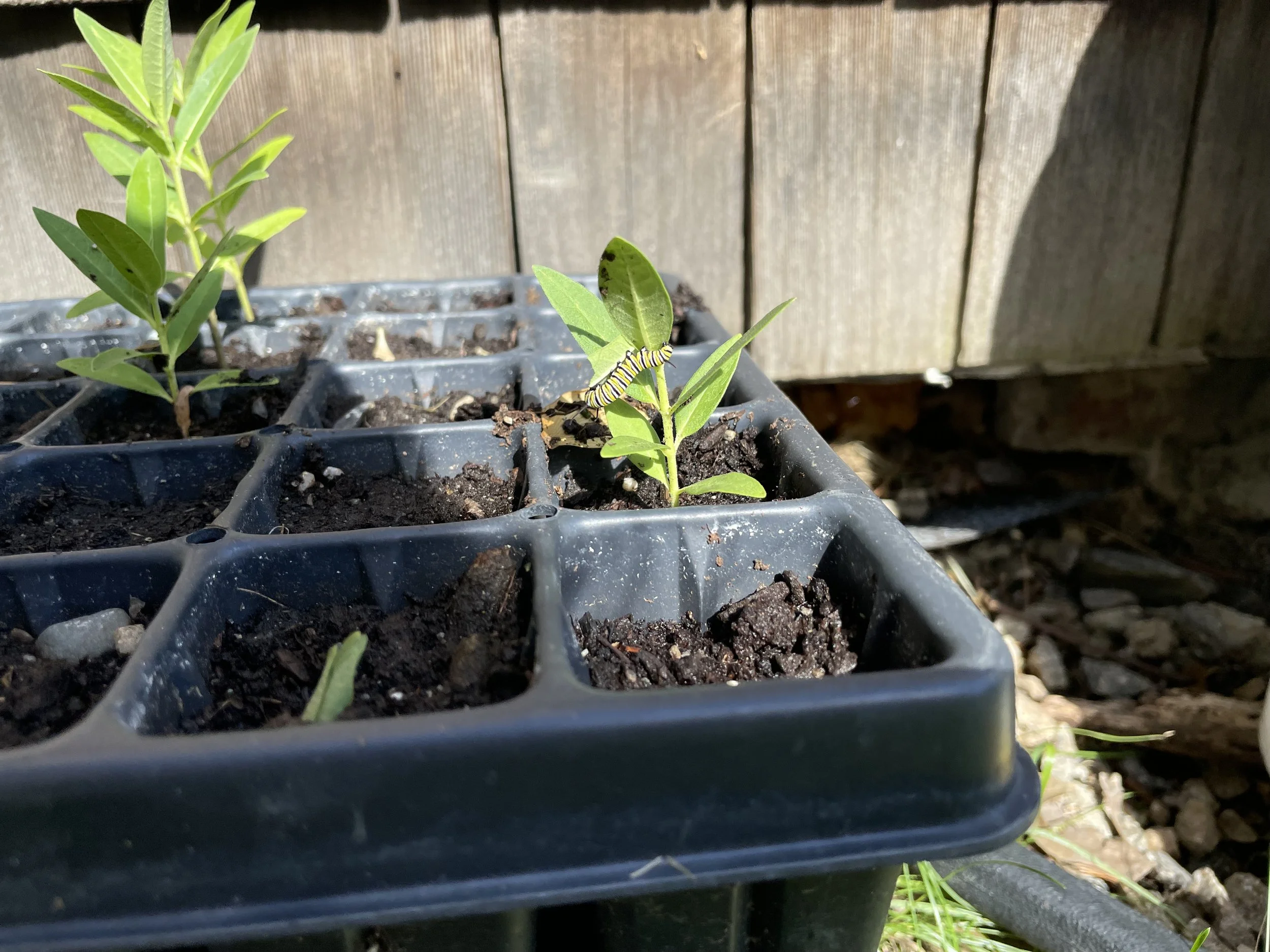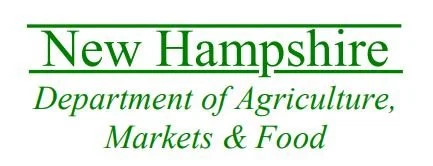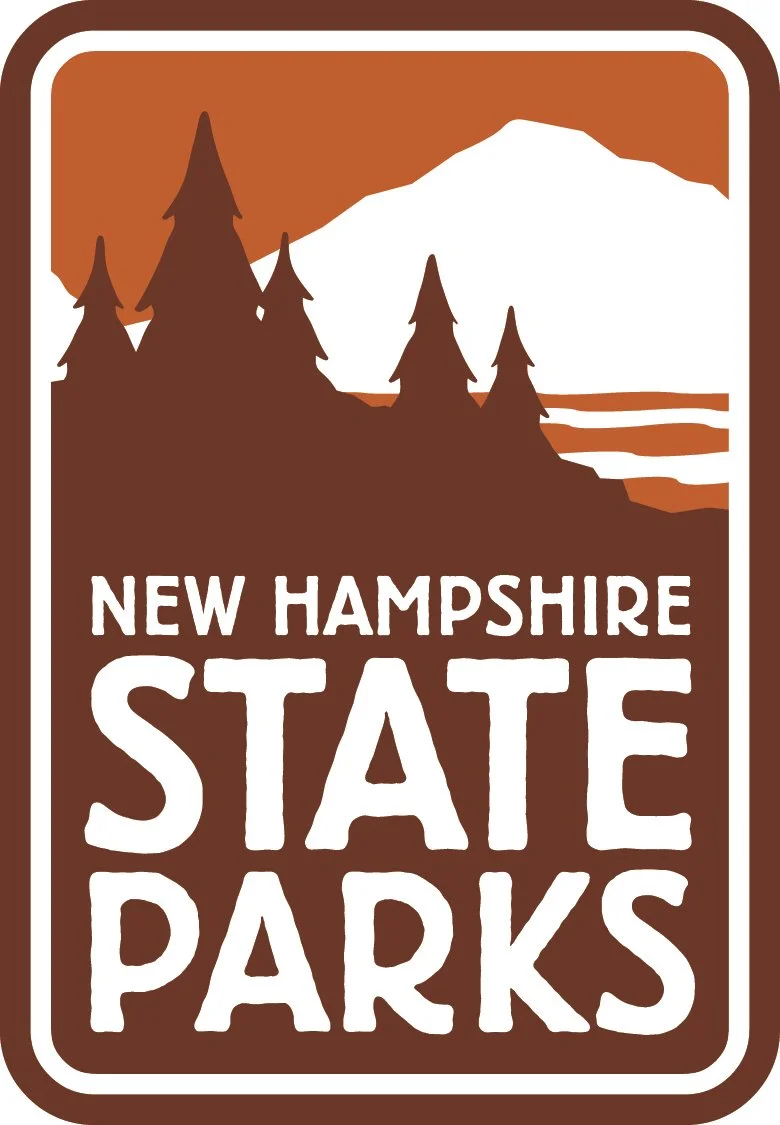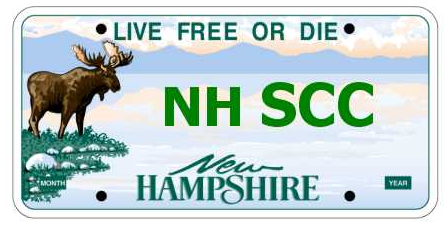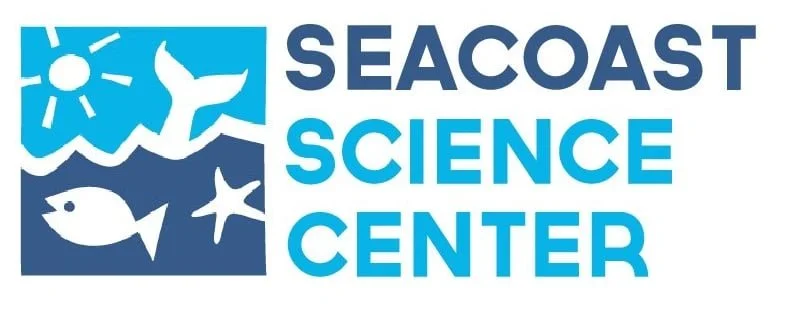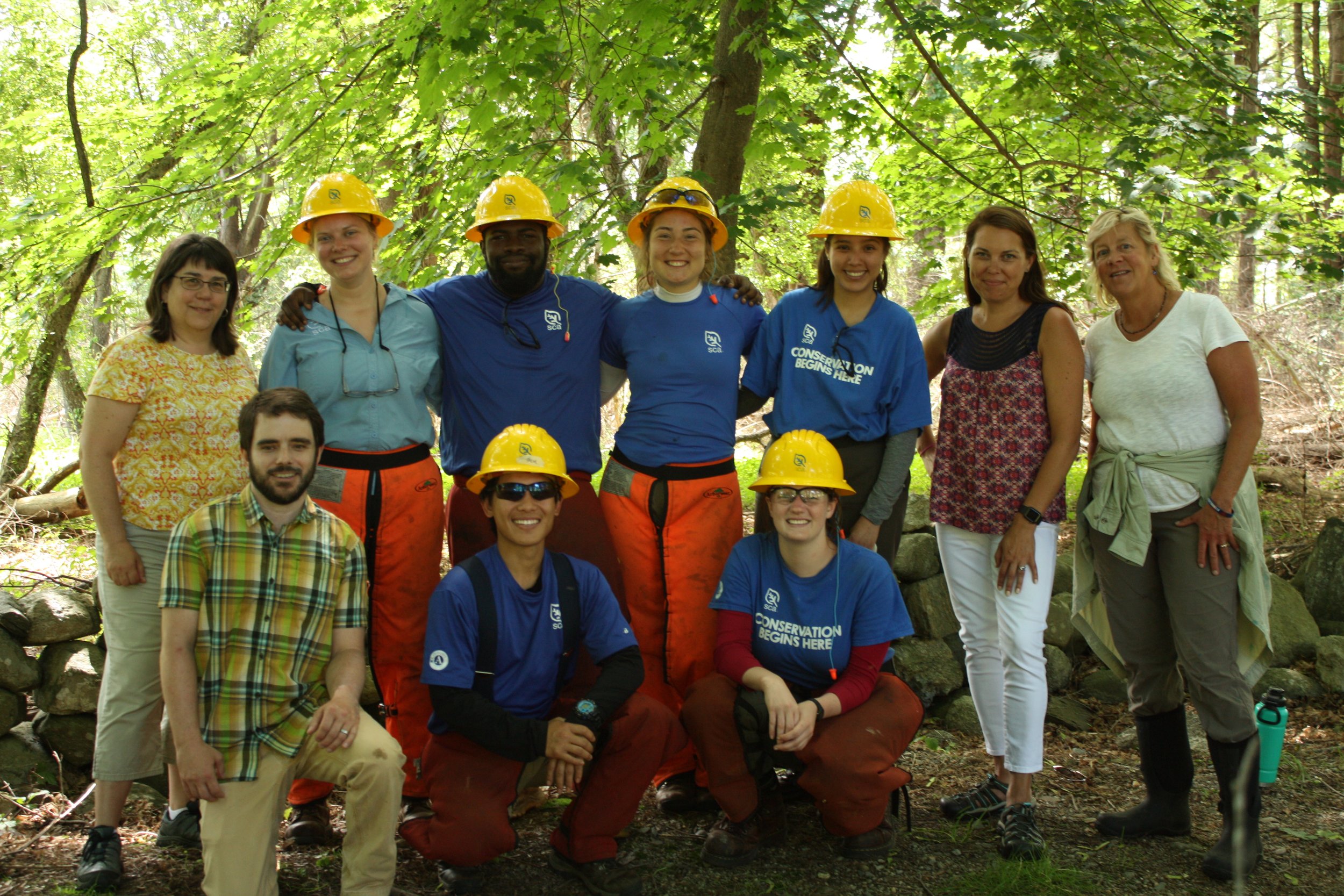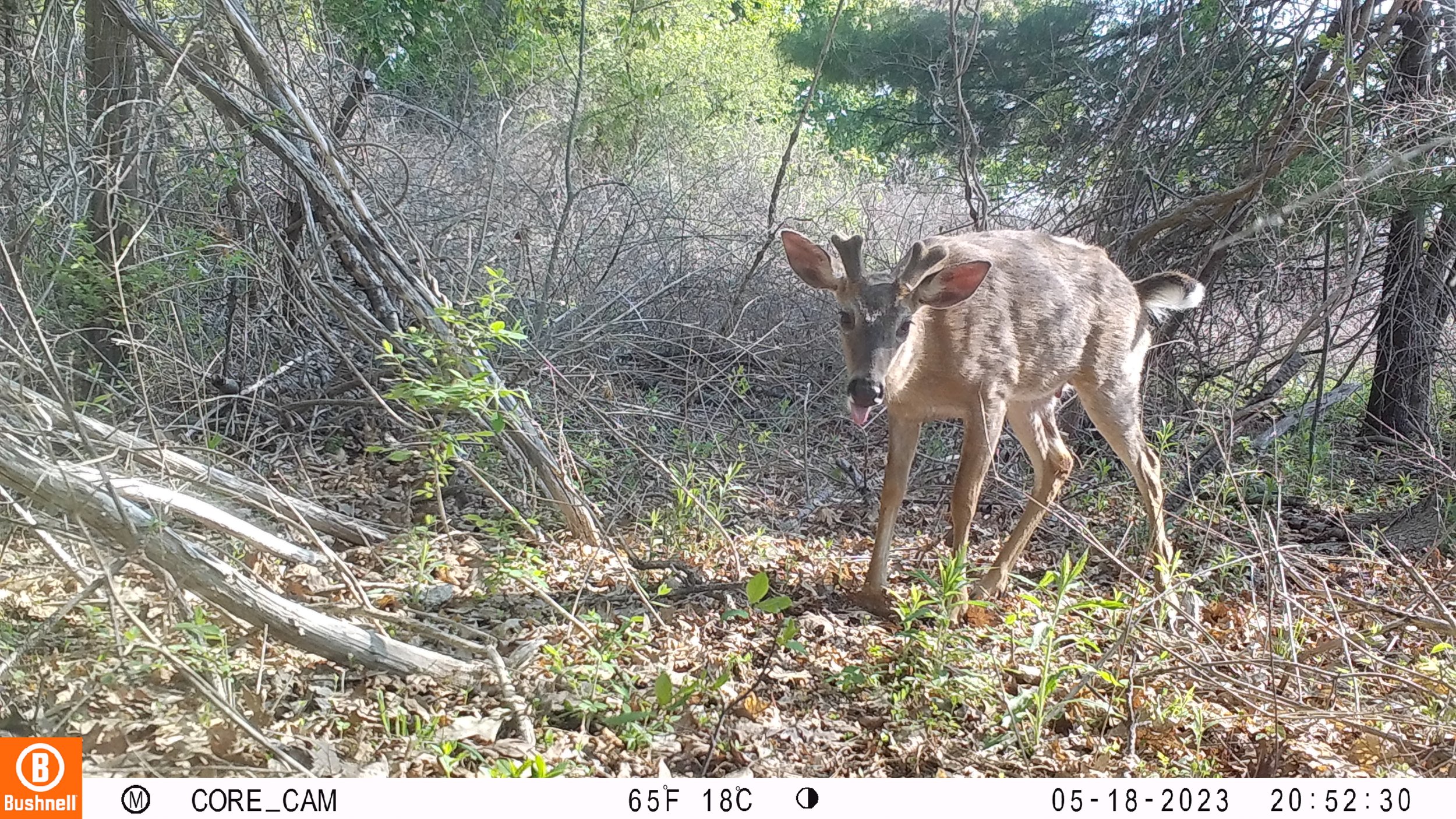
Pollinator Habitat Enhancement
Odiorne Point State Park
Thanks to funding from the NH State Conservation Committee and the NH Department of Agriculture, Markets & Food (IPM Program), the Rockingham County Conservation District (RCCD) has made great strides in restoring pollinator habitat along the bike path at Odiorne Point State Park in Rye, NH.
Project Overview
In 2021 and 2022, RCCD led efforts to restore over 2 acres of invasive-dominated land along Route 1A. With help from the Department of Natural and Cultural Resources, the area was mowed to prepare for habitat restoration. Volunteers contributed nearly 900 hours, helping to clear debris and prep the site for native plantings.
Bike path area pre mowing.
Invasive plant/woody debris mowing.
Invasive plant/woody debris mowing.
Bike path area post mowing.
Integrated Pest Management (IPM):
The following activities were the result of an integrated pest management approach to control state listed invasive plant species and establish native pollinator habitat:
Mowing
Removal of woody debris
Selective low volume foliar herbicide applications were completed in 2021 and 2022 to control invasive species resprouts and new seedlings.
Native Species Plantings
Pollinator site prep.
Pollinator Planting!
Over 2,000 native, pollinator-friendly plants were installed across approximately 1 acre.
Species included milkweed (Asclepias syriaca), sourced from the NH State Forest Nursery and RCCD's own grow-out efforts.
The restoration enhances critical habitat for monarchs and other pollinators.
Pollinator planting.
Pollinator planting.
Strategies for Successful Native Plant Establishment
To improve planting success:
Battery-powered augers created deeper, wider holes, allowing better root establishment.
Biodegradable deer protectors stabilized plants and reduced browsing damage, while also improving visibility for maintenance.
Monarch caterpillar on milkweed grown out by RCCD.
Pollinator Species Planted:
Pollinator plantings.
Ongoing Care
RCCD will continue maintaining this area through regular weeding, watering, and monitoring. The visible blooms along Route 1A now serve as both habitat and a public reminder of the importance of pollinators and native coastal plants
Projects like these would not be possible without support from our partners and volunteers!
Check Out Other Projects at Odiorne









